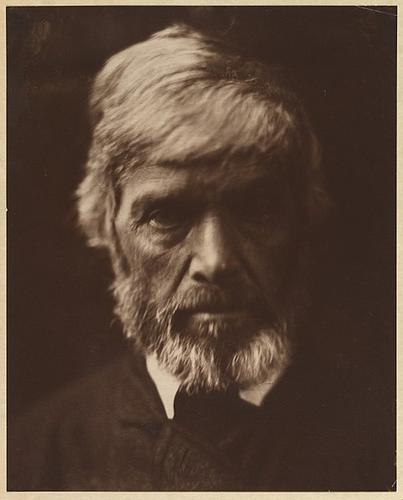OK let's try it another way.
I have become interested in the past couple of years in Medieval art. I was struck by what we call gargoyles, in some Romanesque churches I visited. To the casual visitor they are strange and cute, and often funny. Why do the same gestures turn up over and over again in Medieval frescoes? Who are the guys wearing conical hats? Why are we seeing a sort of cutaway picture of a Cathedral? Why are people depicted in different sizes, often with smaller figures in the foreground?
To us Medieval art is almost incompressible, primitive and strange. To the people at the time this art was made, this art was a storybook, and the illiterate peasant would be able to "read" the artwork. Perspective, real size and realism, were pretty unimportant. The symbolism was the thing that counted.
Jump to our present time and we have our own visual conventions that we expect to see in a photograph. Conventions as important as those found in Medieval art. Most of us are unaware of these conventions, but we follow them, mostly without knowing why, and we are not even aware that we are following them.
There are people who have some or a lot of knowlege concerning our visual language. These individuals are able to judge the worth and success of an image. They actually can decide for others.
